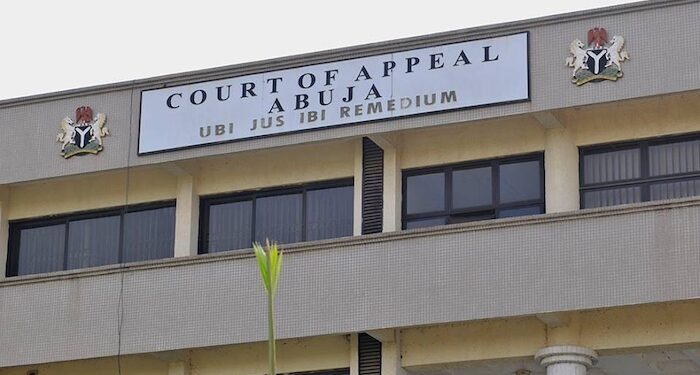The Court of Appeal has proposed significant amendments to the Electoral Act, aiming to address legal ambiguities that arise when a governor’s deputy is disqualified by a competent court of law. This proposal, presented on Tuesday during a three-day retreat on amendments to the 1999 Constitution and the Electoral Act 2022, seeks to ensure that a governor can still be sworn in and allowed to nominate a new deputy if their original running mate is disqualified.
The proposal follows the precedent set in February 2020, when the Supreme Court nullified the election of David Lyon, the All Progressives Congress (APC) governor-elect of Bayelsa State, because his deputy, Biobarakuma Degi-Eremienyo, was found to have presented false information to the Independent National Electoral Commission (INEC).
The Court of Appeal, through its President, Hon. Justice Monica Dongbam-Mensem, argued that this situation represented a legal anomaly that needs to be addressed. The proposed amendment would be added to Section 187 of the 1999 Constitution, ensuring that the disqualification or non-qualification of a deputy governor would not affect the governorship candidate or governor-elect.
Justice Dongbam-Mensem’s proposal, presented by Justices Peter Olabisi Ige and Abba B. Mohammed, suggested that Section 187 (1) (A) & (B) should clarify that the removal of a deputy-governor or deputy-governorship candidate would not impact the election results of the governorship candidate. The governor-elect would have the right to nominate a new running mate in such cases.
Additionally, the Court of Appeal proposed an amendment to Section 246 (3) of the Constitution, seeking to make its decisions final on matters related to pre-election issues. The amendment would ensure that all appeals regarding governorship, national, and state houses of assembly election petitions, as well as pre-election matters, are terminated at the Court of Appeal.
The Court also recommended changes to Section 285(7) & (12) of the Constitution, emphasizing the need to dispose of all litigation arising from elections within 60 days. The proposed new Section 285(15) stipulates that all pre- and post-election matters must be resolved before the winners of the election take the oath of office.
The retreat, organized by the Joint National Assembly Committee on Electoral Matters in collaboration with the Policy and Legal Advocacy Centre (PLAC), was attended by the leadership of registered political parties in Nigeria. The session was presided over by Senator Sharafadeen Ali, Chairman of the Senate Committee on Electoral Matters, and Hon. Adebayo Balogun, his counterpart in the House of Representatives.
The Court of Appeal also advised the National Assembly panel to consider harmonizing the Electoral Act with INEC guidelines, especially regarding the use of technology in elections. This recommendation highlights the importance of aligning legal frameworks with technological advancements to ensure fair and transparent electoral processes.
The proposed amendments are expected to spark significant discussions among lawmakers and stakeholders as they aim to address long-standing issues in Nigeria’s electoral system and improve the legal clarity surrounding electoral disputes.


